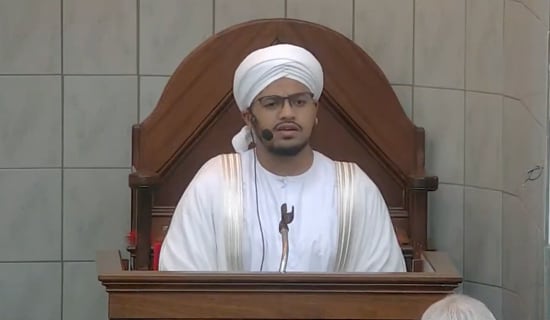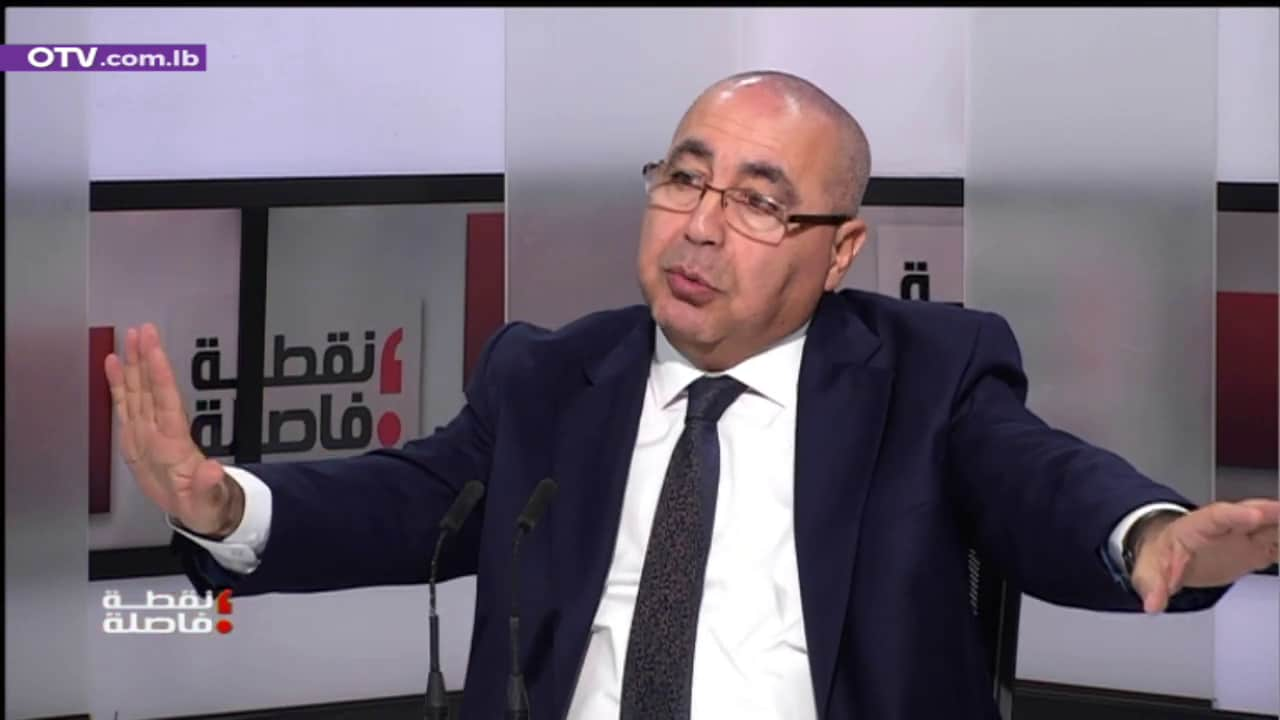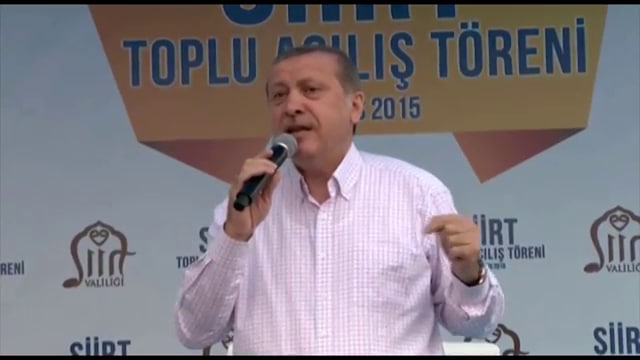
Following are excerpts from a discussion with Arab intellectuals regarding martyrdom, which aired on Syrian TV on May 6, 2005.
Palestinian author 'Adnan Kanafani: I think martyrdom is the most noble sacrifice one can make for the cause - a cause pertaining to the essence of being, to life and death. This great people - the Arab people as a whole - has managed to shape a new culture from these ideas - the culture of martyrdom. The opponents try to bring us down from this honor, with claims about suicide bombers, terrorists, and so on. But we don't care about that, because we have rights, and we sacrifice our souls in order to attain these rights. Therefore, the martyrs are the vanguard of this nation. Because of the blood they have sacrificed, the very least we owe them is to always remain optimistic that victory will be ours one day.
[...]
Ibrahim Z'arour, History Professor at the Damascus University: Martyrdom is the value that surpasses all values. The most exalted level in the elevation of mankind is when a person sacrifices his soul for the sake of something more precious - his homeland. Hence, when a person embarks upon martyrdom, he does so because he wants to protect the homeland, its identity, its culture, its continuity, and its future.
When a martyr embarks upon martyrdom he thinks of nothing but his homeland. He leaves his children, his brothers, his wife, his mother, and his father, and embarks upon martyrdom, because the homeland is more precious to him than all of them.
[...]
The mother in our Arab and Islamic history has always sacrificed her children and prepared them for martyrdom. This is rooted in our religion, our culture, in our values, and our upbringing.
[...]
The mother is the school that prepares the children and sends them to martyrdom in defense of the homeland. This culture is within all of us. I always see mothers who utter cries of joy when they learn that their sons were martyred in battles in Palestine, in the Golan Heights, or Iraq.
[...]
'Adnan Kanafani: The mother knows perfectly well that if she does not sacrifice her son, she will never be liberated, or her son's sons, or the homeland, will never be liberated.
When an olive tree is uprooted from its soil, a woman may weep a lot, but she will not weep over the martyrdom of her son, because she believes that he has ascended to a better world, leaving a mark of pride on her forehead.
The Palestinian mother, or the Arab mother in general, is the most compassionate mother on the face of the earth, because she is dedicated to the upbringing of her children, and would rather eat dirt than refrain from breastfeeding. This is a well known fact about the Arab woman, in complete contrast to the other women.
All that is said about the Arab woman is nonsense and fabrication. The Arab woman comprises one half of society, and she is the mother of the other half. She is our sister, our mother, and our daughter. She has sacrificed in the past, and she continues to sacrifice in the present.
The Iraqi women are an example of this. What do they do when their sons are martyred? The same goes for the Palestinian women. They serve as a model. I believe this is the pinnacle of nobility in sacrifice.
[...]
They have economic, military, and technological superiority, and all we have is this body and this blood. All of us, sister, have "martyrdom seeker" written on our chests.
[...]
Ibrahim Z'arour" Our commitment to the martyrs will be manifest in continuing on the same path - the path of martyrdom - and in raising our children on the love of martyrdom, on the love of sacrifice, on altruism, on love of the homeland and of liberty. We have no choice but to continue with these processions of martyrs, and to remain close to one another. As long as there are mothers who give birth, the processions of martyrs will march on.













